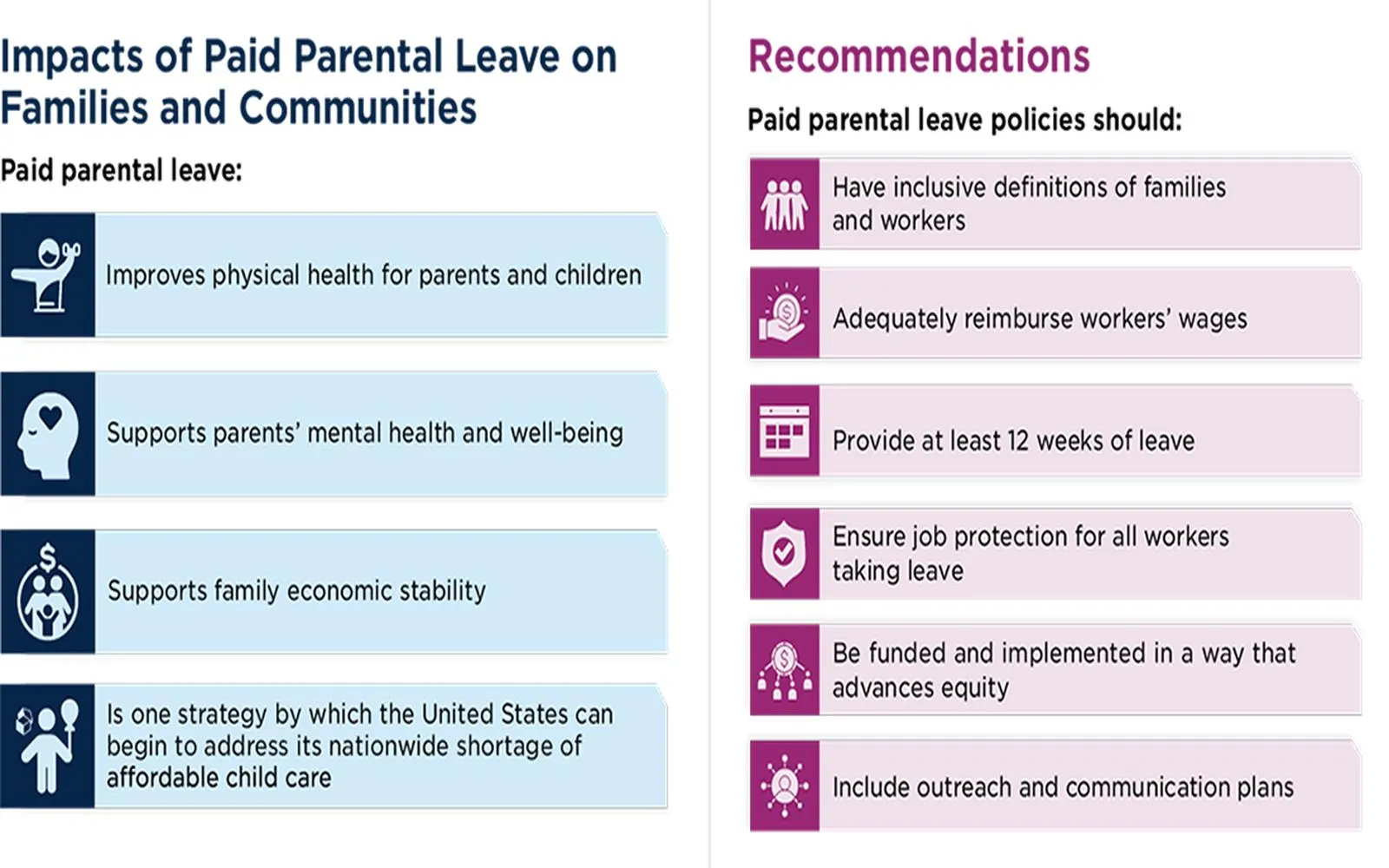Parental leave policies are essential for supporting new parents during a critical transition period. However, a one-size-fits-all approach to parental leave can be limiting and ineffective. Customizing parental leave is crucial to meet the diverse needs of families and to foster a more inclusive workplace. In this article, we will explore the reasons why parental leave should be customized and how it can benefit both employees and employers.
The Importance of Customization in Parental Leave
Every family is unique, with different circumstances, needs, and preferences. Customizing parental leave allows employees to tailor their leave plans to fit their specific situations. This flexibility can lead to a happier, more satisfied workforce. Here are some key reasons why parental leave should be customized:
1. Diverse Family Structures
Today’s families come in various forms, including single-parent households, adoptive families, and same-sex couples. A standardized parental leave policy may not adequately address the needs of these different family structures. Customization allows for a more inclusive approach, ensuring that all families receive the support they need during this important time.
2. Varying Needs of Parents
Parents have different needs depending on their personal situations. For instance, some may require a longer leave period due to medical complications, while others may prefer a shorter leave to maintain their career momentum. By offering customized parental leave options, employers can cater to these varying needs and enhance employee satisfaction.
3. Enhanced Employee Retention
Customizing parental leave can directly impact employee retention rates. When employees feel that their needs are being met, they are more likely to remain with the company long-term. This can lead to reduced turnover costs and a more experienced workforce. A study found that companies with flexible leave policies saw a 25% increase in employee retention.
4. Increased Productivity and Engagement
Allowing employees to customize their parental leave can lead to higher productivity and engagement levels. When employees know they can take the time they need without the stress of rigid policies, they are more likely to return to work feeling refreshed and focused. This ultimately benefits the employer as well, as engaged employees are more productive.
5. Attracting Top Talent
In today’s competitive job market, offering customized parental leave can be a significant advantage in attracting top talent. Candidates often look for companies that prioritize work-life balance and family-friendly policies. By providing flexible parental leave options, employers can stand out in the recruitment process, making it easier to attract skilled individuals.
Parental Leave Customization Options
Employers can implement various customization options for parental leave to cater to their employees' diverse needs. Here are some effective strategies:
| Customization Option | Description |
|---|---|
| Flexible Duration | Allowing parents to choose the length of their leave based on their individual needs. |
| Part-time Return | Offering part-time work options upon returning, easing the transition back to full-time work. |
| Phased-in Leave | Allowing parents to take leave in phases, which can help with a gradual adjustment to work. |
| Job Sharing | Enabling two employees to share one position, allowing for more flexible work arrangements. |
The Role of Employers in Customizing Parental Leave
Employers play a crucial role in developing and implementing customized parental leave policies. Here are some steps that organizations can take:
First, employers should conduct surveys to understand the specific needs and preferences of their employees regarding parental leave. This feedback can guide the development of tailored policies that resonate with the workforce.
Second, companies should offer training for managers to ensure they understand the importance of flexibility in parental leave. This training can help create a supportive environment where employees feel comfortable discussing their needs.
Lastly, it’s essential to regularly evaluate and update parental leave policies based on employee feedback and changing societal norms. This adaptability will ensure that the company remains competitive and continues to meet the needs of its workforce.
Conclusion
Customizing parental leave is not just a trend; it is a necessary evolution in workplace policies that acknowledges the diverse needs of modern families. By offering flexible options, employers can enhance employee satisfaction, improve retention rates, and attract top talent. As businesses continue to recognize the value of customization in parental leave, they will foster a more inclusive and supportive work environment, ultimately benefiting everyone involved.





